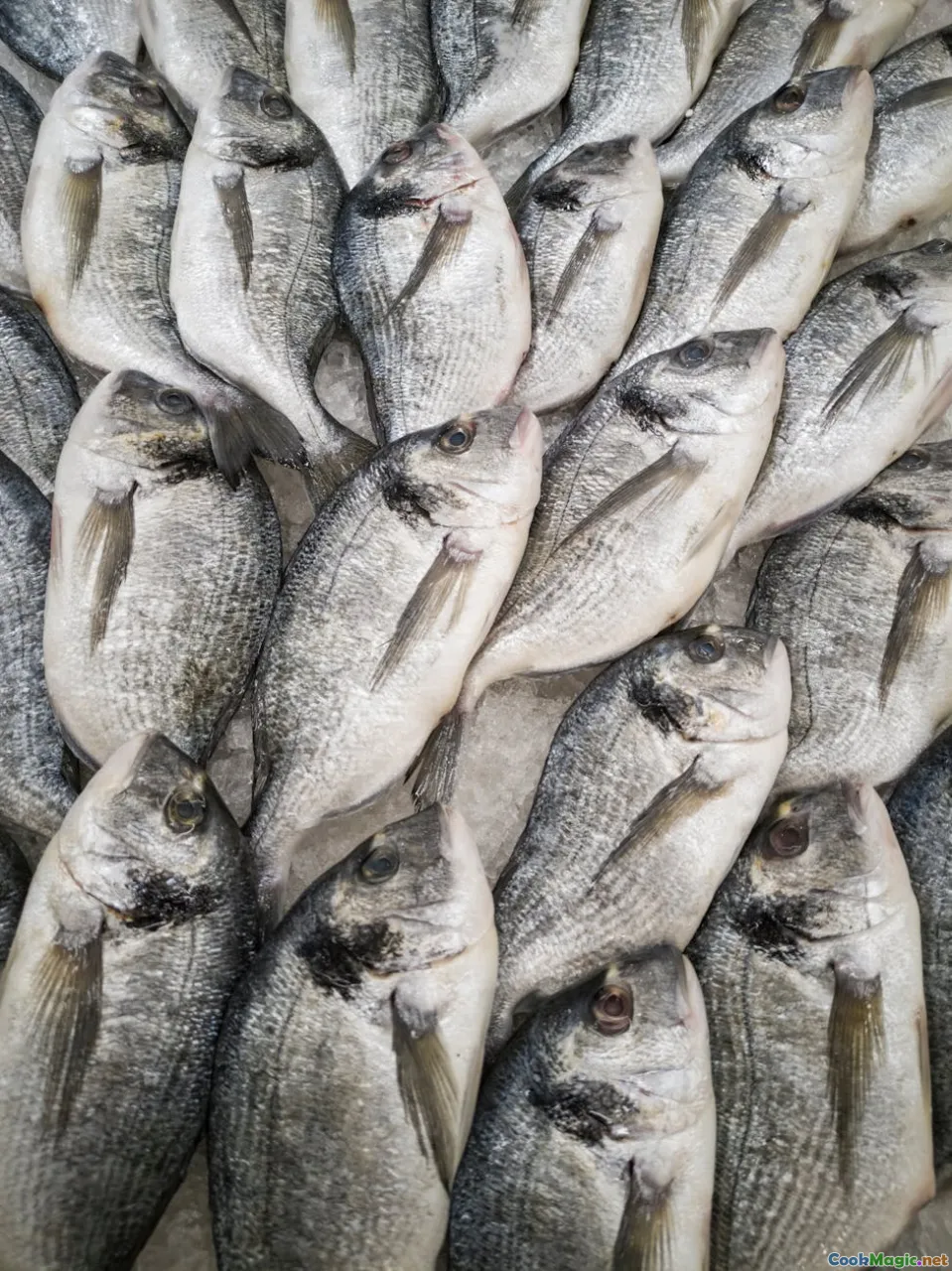Sustainable Fishing Practices Influencing Maltese Menus
8 min read Discover how sustainable fishing is reshaping Maltese menus, blending tradition with environmental consciousness for a richer culinary experience. May 08, 2025 12:00
Sustainable Fishing Practices Influencing Maltese Menus
Introduction: A Sea of Change on the Maltese Coast
Imagine standing at the edge of the azure Mediterranean, where the scent of salt and the gentle lapping of waves tell stories of centuries-old fishing traditions. Malta, an archipelago nestled in the heart of the Mediterranean, has long been a haven for fishermen whose livelihoods and cuisine are deeply intertwined with the sea. But in recent years, a quiet revolution has been sweeping through Maltese kitchens and markets—a shift towards sustainable fishing practices that are not only protecting marine life but also enriching the island’s culinary landscape.
This story is about more than just fish; it’s about a cultural renaissance rooted in respect for nature, a culinary awakening that honors tradition while embracing environmental responsibility. Let’s explore how sustainable fishing is influencing Maltese menus, transforming everyday meals into acts of conservation and celebration.
The Historical Tapestry of Maltese Fishing
A Heritage Forged by the Sea
For centuries, Maltese fishermen cast their nets into the Mediterranean with a mix of skill, reverence, and hope. The island’s cuisine—rich in fresh fish, octopus, calamari, and shellfish—reflects this deep bond with the sea. Traditional methods like small-scale fishing, using wooden boats and handcrafted nets, have preserved a sense of authenticity and intimacy with nature.
From Old Ways to Modern Challenges
However, decades of overfishing, pollution, and climate change have disrupted this delicate balance. The once-abundant fish stocks began to dwindle, threatening both ecological stability and local livelihoods. This crisis prompted a reevaluation of fishing practices, prompting fishermen, chefs, and policymakers to seek sustainable solutions.
The Shift Toward Sustainability
What Is Sustainable Fishing?
Sustainable fishing involves harvesting fish at a rate that allows populations to replenish naturally, minimizing environmental impact. It encompasses methods like selective fishing, seasonal restrictions, and the use of eco-friendly gear. The goal is to protect marine biodiversity while ensuring that fishing remains a viable livelihood.
Initiatives on the Maltese Islands
In Malta, government agencies, NGOs, and local communities have collaborated to promote sustainable practices. Initiatives include:
- Marine Protected Areas (MPAs): Zones where fishing is restricted or prohibited to allow ecosystems to recover.
- Fishing Quotas and Licenses: Regulating catch sizes and seasons.
- Community-Based Management: Engaging fishermen in conservation efforts.
- Educational Campaigns: Raising awareness among consumers and chefs about sustainable seafood choices.
The Role of Technology
Advancements like GPS tracking, fish-finding sonar, and data collection have empowered fishermen to target only mature fish and avoid bycatch, reducing waste and ecological disturbance.
How Sustainable Fishing Influences Maltese Menus
A New Palette of Flavors
Chefs across Malta now prioritize locally caught, sustainably sourced seafood, which brings a fresh vibrancy to traditional dishes. The taste profiles are more nuanced, as fish are caught at optimal times, ensuring freshness and flavor.
For example, grilled lampuki (mahi-mahi) during its season now boasts a richer, more succulent texture. The fish’s natural oils are preserved, offering a melt-in-the-mouth experience that’s hard to match with frozen or imported alternatives.
Celebrating Seasonal and Local
Many Maltese restaurants highlight seasonal fish, aligning menus with the fishing calendar. This not only supports local fishermen but also encourages diners to appreciate the changing flavors of the sea.
Signature Dishes Reinvented
Traditional Maltese dishes like stuffat tal-ennem (fish stew) and lampuki pie have evolved with sustainability in mind. Chefs incorporate smaller, more sustainable species, adding layers of flavor and depth.
A Cultural Shift in Dining
Consumers are becoming more aware and conscientious, seeking transparency about the origin of their seafood. Markets display labels indicating sustainable sources, and restaurants proudly feature their eco-friendly credentials.
Personal Stories and Local Voices
The Fishermen’s Perspective
Local fishermen like Joseph and Marie have adapted their practices, choosing to fish only during seasons when stocks are abundant and employing methods that reduce bycatch. Joseph shares, "We’ve seen the difference in our catches. Using selective gear, we catch only what we need, and the sea seems healthier."
Chefs’ Commitment
Malta’s renowned chef, Stefan, emphasizes the importance of sustainability. "Our dishes tell a story of respect—for the sea, for tradition, and for future generations. Using sustainable fish elevates our cuisine and our conscience."
Community Engagement
Educational programs and community-led initiatives have fostered a sense of shared responsibility. Schools teach children about marine conservation, and local festivals celebrate the bounty of the sea responsibly.
The Future of Maltese Seafood Cuisine
A Balancing Act
The path forward involves balancing ecological preservation with culinary innovation. Chefs and fishermen continue to collaborate, exploring new sustainable species and techniques.
Tourism and Awareness
As Malta’s reputation as a foodie destination grows, so does the influence of sustainable practices on its international image. Visitors now seek authentic, environmentally responsible dining experiences, adding a new dimension to Malta’s tourism industry.
A Model for the Mediterranean
Malta’s commitment to sustainability offers a blueprint for other Mediterranean communities facing similar challenges. By embracing tradition and innovation, Malta is redefining what it means to dine by the sea.
Conclusion: A Sea of Possibilities
The story of sustainable fishing in Malta is a testament to how reverence for tradition, coupled with modern environmental consciousness, can transform a cuisine. It’s a journey that honors the past while protecting the future—where every plate of fresh fish becomes a symbol of respect, resilience, and renewal.
So next time you indulge in Maltese seafood, remember that you’re savoring more than just a dish—you’re part of a movement towards a healthier, more sustainable relationship with our planet’s most precious resource: the sea.









